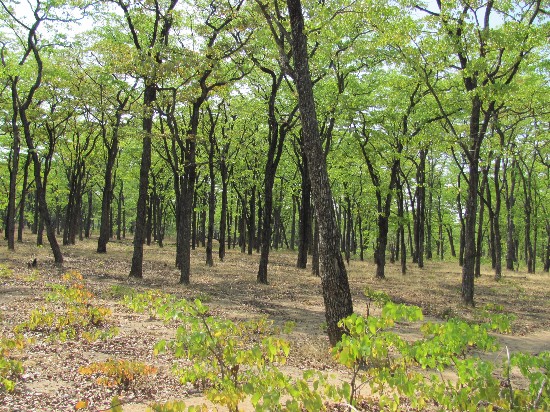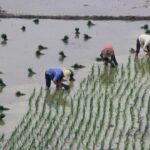When climatologists talk about the “lungs of the planet,” they usually refer to the Amazon and its extensive rainforests. But another continent also is a forest repository, tropical Africa. Both the Amazon and African forests today are under siege from human activity.
Recently, at a meeting of African forest conservation experts and researchers held in Nairobi, Kenya, workshops were held with 70 stakeholders and 18 countries attending. This was the latest meeting of the African Forest Forum (AFF), a pan-African non-governmental organization headquartered in Nairobi, Kenya. The AFF is an association of individuals both in and outside Africa who share a commitment to the sustainable management, use and conservation of the forest and tree resources of Africa for the socioeconomic well-being of its people and the stability and improvement of its environment. The forum meets regularly to focus on ongoing research, knowledge sharing, and innovation, looking at how to manage forest environments and capitalize on sustainable economic practices while at the same time addressing climate change.
Agroforestry provides a significant source of income for many African countries whether the sub-Saharan Sahel, the tropical and highland rainforests of Central Africa, coastal mangrove forests or the woodland forests of East and Southern Africa.
Forest agriculture sustains many national economies. Forest-harvested products include cacao, coffee, different fruits, lumber, gums and resins. The world market for many of these products is subject to price fluctuations, poor infrastructure, and export restrictions to countries that are the main buyers.
Focusing on forest sustainability including managing freshwater resources and soil improvements let alone carbon sequestration to make these ecosystems more robust is not front of mind.
Joshua Cheboiwo, Chief Research Officer and Director of the Kenya Forestry Research Institute who spoke at the July AFF workshop in Nairobi argued for a greater focus on forest sustainability to help create viable goods and services, jobs, alleviate poverty and fight climate change in Africa. He stated, “Africa needs a huge investment in forest production, processing and trade” arguing for more investments in paper, construction materials, furniture, packaging, printing, and textile production coming from Africa’s forests.
Africa’s Future Forest Challenges
One of the biggest challenges for Africa is population growth. The current population of the continent is 1.46 billion. The projections indicate a population of 2.5 billion by 2050. That means an additional 1 billion more mouths to feed. For African nations, the challenge is to find the land upon which to grow the additional food crops that will be needed. And the demand goes beyond food with lumber needed to meet housing requirements. Wood harvested from African forests equalled 75 million cubic metres per year in 2020. It is expected to grow to 250 million cubic metres by 2030. The result of this population growth pressure will lead to increasing deforestation and degradation without considering other adverse effects caused by extreme weather events and climate change with growing evidence showing up in forest ecosystems. Livelihoods dependent on forest products are being negatively impacted.
As has been occurring here in North America, Africa’s forests are increasingly being subject to wildfires, insect infestations, and the spread of plant diseases as climate zones shift. Rainfall patterns are changing with prolonged droughts and rising temperatures contributing to water scarcity. Food security risks are growing. All of these climate changes are jeopardizing the environmental stability of the continent and making it harder for the countries of Africa to meet national net-zero and sustainability goals.
Afforestation and Reforestation Projects in Africa
Recently, the AFF has become involved with campaigns to plant trees. The Greater Green Project in Zimbabwe plans to plant a billion trees in the country by 2030. Afforestation and reforestation projects are seen as vital to sustaining Africa’s forests to support ecosystems and many countries’ tree-based economies.
In addition, some Global North countries and businesses see sustaining African forests as a way to offset their carbon emissions. Among these is Norway which is paying Gabon to maintain its forests. And Volkswagen’s ClimatePartner program is funding afforestation and agroforestry projects in African countries. These Volkswagen carbon offset projects aren’t just about afforestation. They also have a strong focus on social co-benefits.









